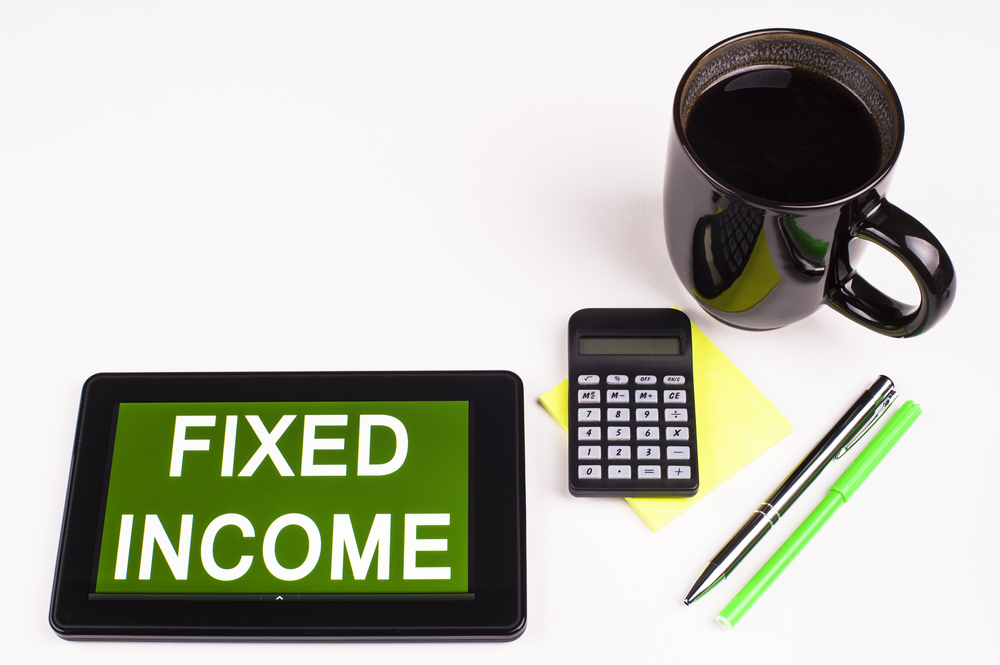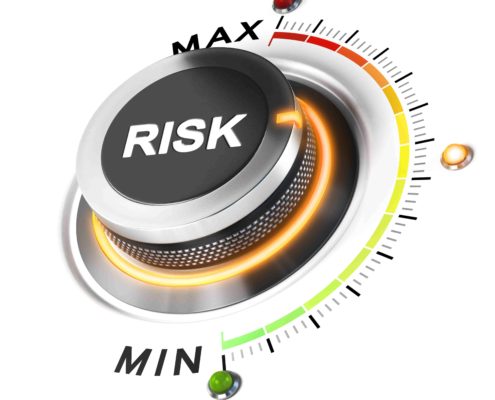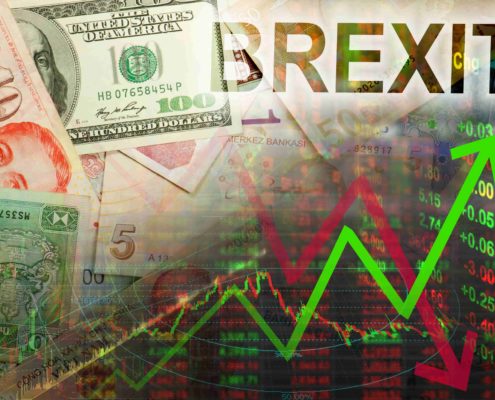Is It Safe To Use CPF* To Invest In Fixed Income?

*CPF or Central Provident Fund is the National Social Security Fund of Singapore
I refer to the article “Lessons to be learnt from Junk bond defaults, more can be done to help fragmented investors: MAS”
In investment, we always tell people that bonds are generally safer products than shares.
When you invest in a particular bond, you lend money to the company and they are obliged to pay you back with priority over the shareholders.
But is it true that bond buyers really have no risk?
If you still remember the “DBS high note 5 yield –Saga”, you will know that when you start to make any investment, there is a risk, especially when the returns seem lucrative. It is very dangerous if you don’t bother to find out what you invest in and leave it entirely to the fund managers.
I would like to touch on the possibilities of investing CPF in bonds or preference shares. There are generally not a lot of bonds in the market for retail investors whose investment capital is less than $250,000.
The government bond (T-bill, Singapore bonds etc) is classified as one of the safest to invest.
But if you are purchasing using CPF, there is not much of a return as it is generally less than 3% yield.
For most of the other corporate bonds available in the market, we are unable to purchase using CPF. In fact, out of the 16 available, only 5 can be purchased.
Another option for the CPF investors is to invest in the bank’s NCPS (Non –cumulative, non-convertible, non-voting preference shares). Their yields are normally in the range of 4%-5% with credit rating generally B and above.
The only difference of bank’s NCPS from bond is that NCPS is not required to be bought back by bank upon maturity. Also, the bank might not be paying you the annual dividends if their institutions are in red. It is noteworthy that they are unable to pay their shareholders too.
Our local banks have good reputations thus far. The downside is that the NCPS in the market are priced at a premium since 2009, and there is not much trading volume. The best time to buy is during the launch of the product, one can get the full term of the yield before it reaches maturity.
For all the retail products bought with CPF, you will need to pay transaction charge of $2-$2.50 per 1000 shares/unit and a fee range from S$2-5 quarterly to designated bank, which is on top of the brokerage fee.
I reiterate every investment has a risk. If you still remember Lehman Brothers, even banks have the risk of being wound up. Whatever you invest, please take time to understand the products.
*This article is published on behalf of Joe Ng Boon Leng, a graduate of Wealth Academy. His passions are in finance and investing. Over the years, he has written a number of investment-related articles.
Other articles you might be interested:

















Leave a Reply
Want to join the discussion?Feel free to contribute!